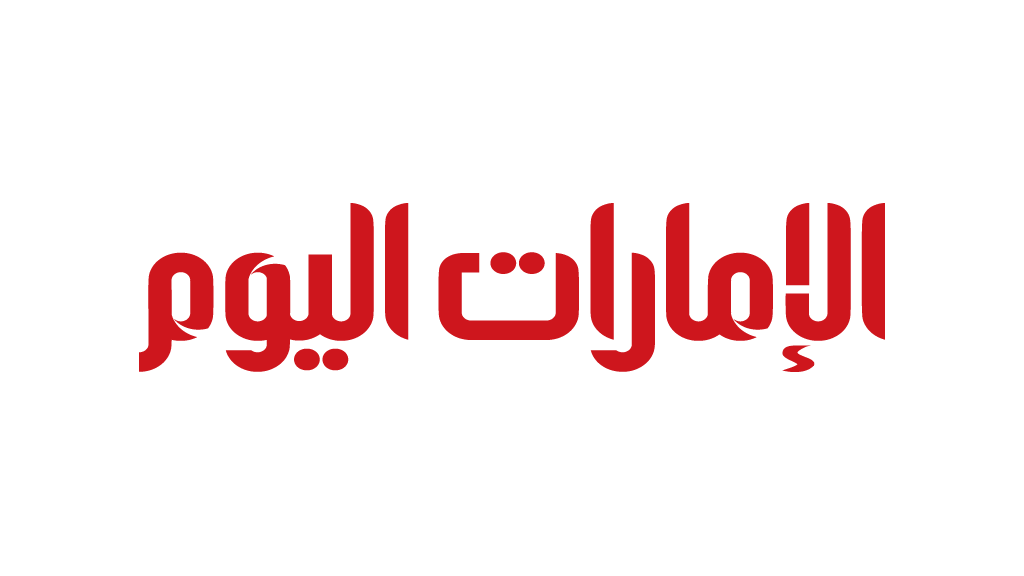After leaving the school at the age of nine years, Palestinian boy Hamza Abu Shalhoub is now sitting among the ruins of Gaza International Airport, which opened 20 years ago before becoming almost forgotten.
In many days, Abu Shalhoub sits alone in the abandoned visitors' lounge at the former Gaza International Airport, but not to travel.
Surrounded by Egyptian border posts from the south and Israeli watchtowers from the east at the southern tip of Gaza, Abu Shalhoub gains his power by hunting and selling birds of prey, using other birds as bait to trap them in his partnership.
The boy says the giraffe is a real prize, because he continues to sing in captivity. He can earn $ 30 for the sale of one good horse in the market, but he has only hunted once, usually with other birds whose sales are less
His older brother, Shadi, 24, was more fortunate than him, where the goldfish had been hunting 12 times since bird hunting began 10 years ago.
It does not take much effort. They wake up at dawn every day to spread their nets between the wreckage and rickshaws of the airport facilities. But with poverty spreading and the unemployment rate among young people in Gaza at 70 percent, Abu Hleb says he has no other options.
"When I was young, it was my dream to be a teacher, but my father took me out of school to work to help the family," he says, sitting warm in winter clothes in front of a pot of coffee on a fire. Then I wanted to go back to school and complete it, but now I can not go back, "adding that his favorite subjects in the study were Arabic and English.
In order to seduce the birds and their families, the brothers connect a line in the leg of a bird they have hunted before, hoping that his presence will attract wild birds on the ground and tempt them to descend, thinking that there is food or didana that can feed them.
Once the birds have landed on the ground, they are applied to the nets. There are also 3 recorders at the airport who produce bird sounds, and most of the time they can only catch small birds sold for about $ 1.5, but at least enough to provide food.

